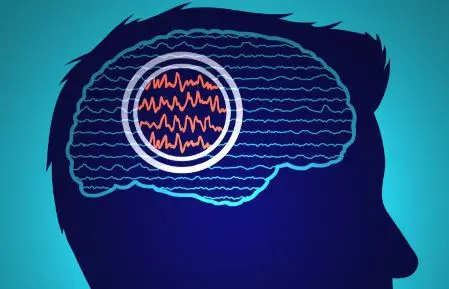Study Supports Widespread Use of Brain Research Probes in Epilepsy Patients
September 7, 2023
Article published by Newswise
Electrodes designed to collect research data while also locating epileptic seizures in the brain perform about as well as electrodes designed solely to locate seizures, according to Rutgers and UCLA researchers.
“The finding could increase the usage of these electrodes, which provide valuable information about how the brain works,” said Yasunori Nagahama, director of pediatric epilepsy surgery at Robert Wood Johnson Medical School and lead author of a new study published in the Journal of Neurosurgery. “More information could improve treatment of epilepsy and other conditions.”
According to the Centers for Disease Control and Prevention, some 3.4 million Americans have epilepsy (recurrent seizures), and about a third of them get little relief from medication. Surgery can reduce or eliminate seizures — if surgeons can determine precisely where the seizures originate.
Surgeons often seek the faulty tissue by placing electrodes into the brain and leaving them, often for weeks on end, to collect seizure data.
Behnke-Fried electrodes, named for the UCLA researchers who invented them nearly 30 years ago, combine an electrode with tiny wires that extend into the brain to collect additional information.
The new study examined outcomes for 218 patients after implantation with the Behnke-Fried electrodes. Surgeons installed an average of 10 electrodes into each patient and monitored feedback (in the hospital) for an average of 12 days.
All results were comparable with those from standard probes. The electrodes allowed doctors to find epilepsy networks in nearly 88 percent of patients. Nearly two-thirds of the patients who subsequently underwent surgical resection achieved freedom from seizures, and three-quarters of those who opted for neurostimulation saw seizure rates decline by 50 percent or more.






